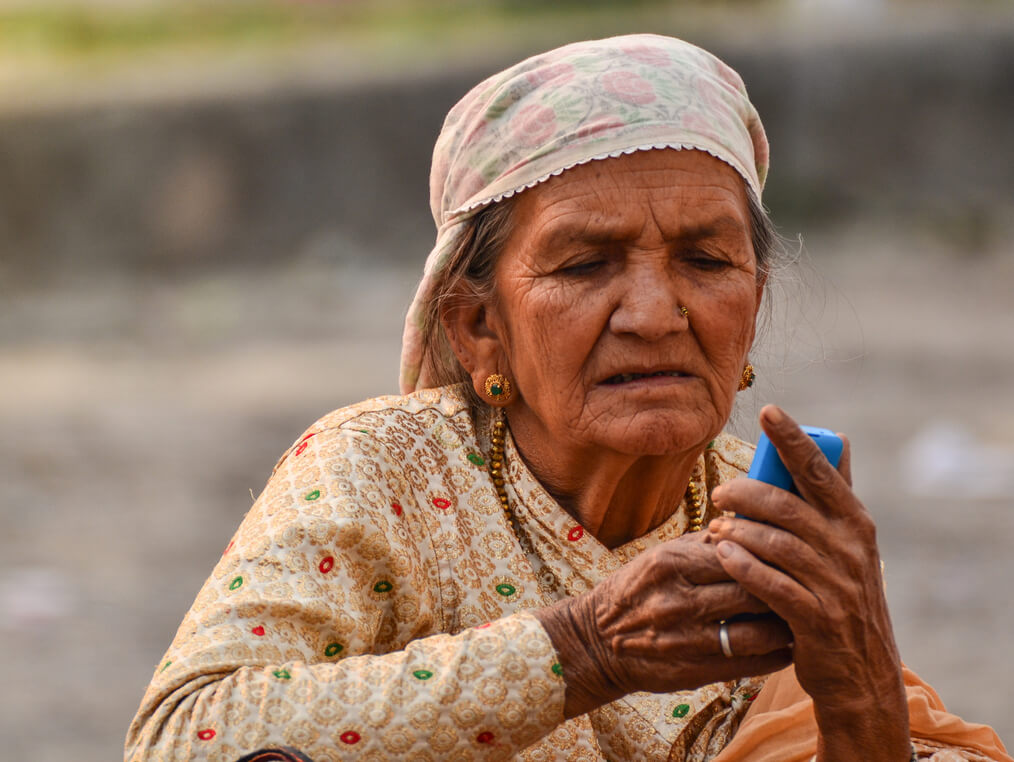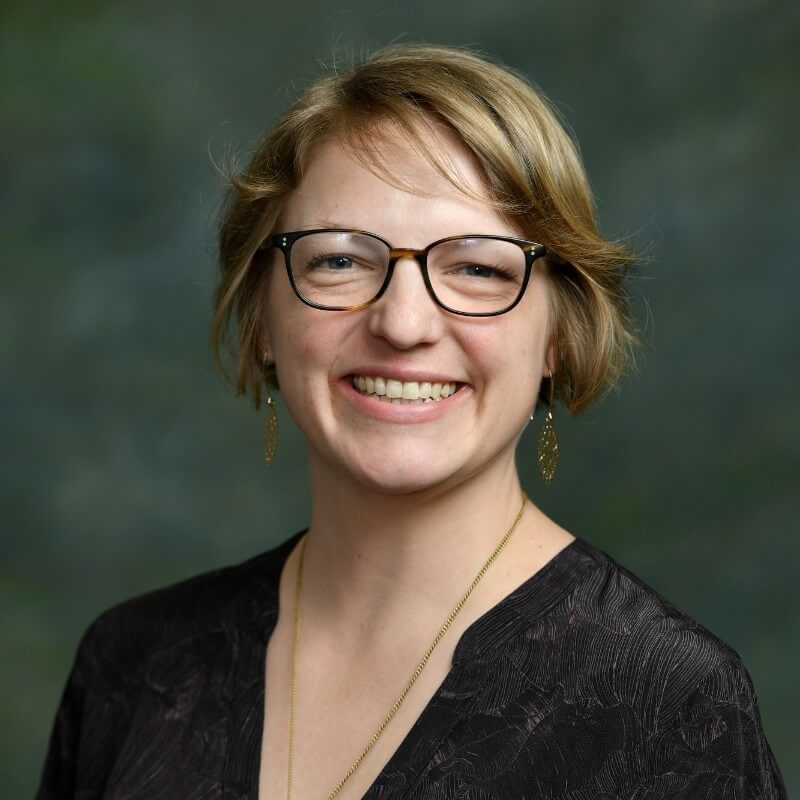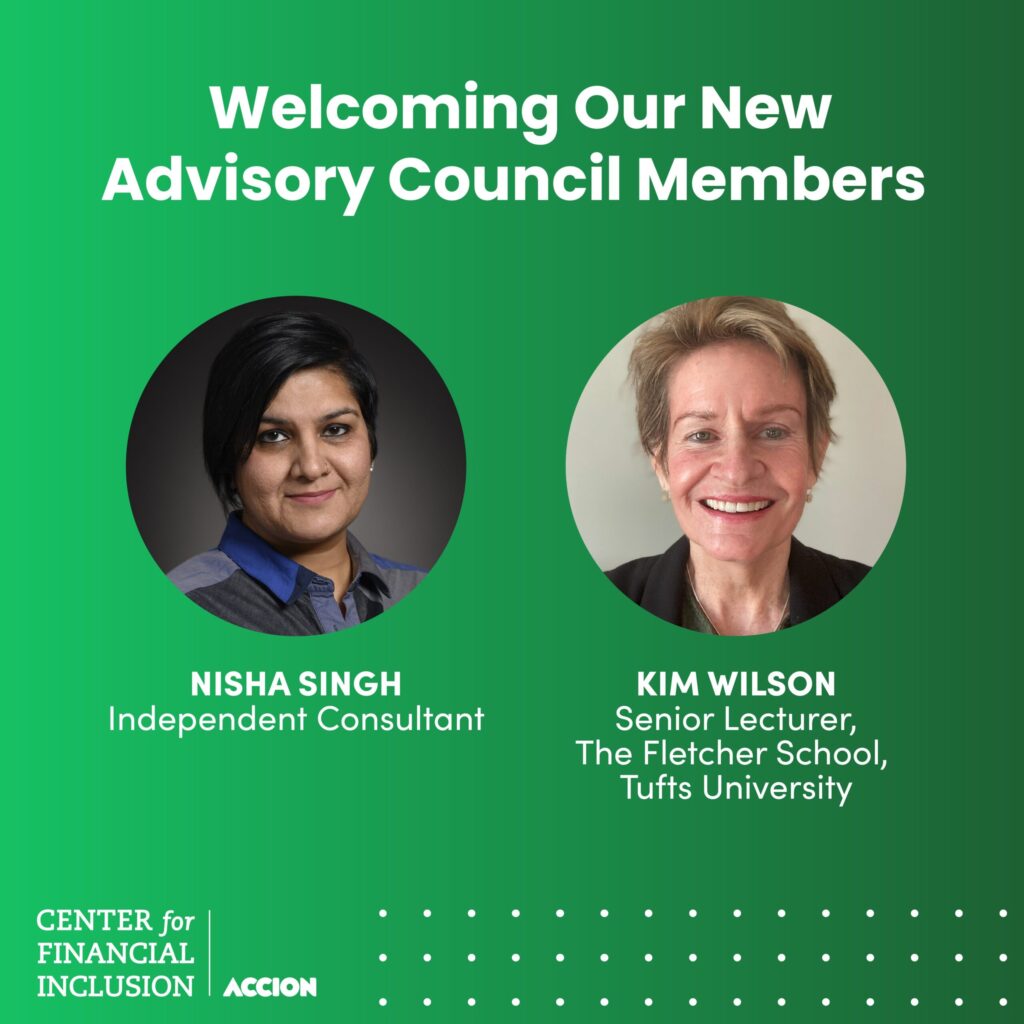
Series
As we have discussed previously, building women’s financial capability means incorporating their households and communities into the process. Men and women are both bound by and to their relationships with household members, community expectations, and broader societal norms and laws. Women’s care responsibilities, limited access to markets and education, and often limited access to and use of mobile technology make these relationships particularly relevant. Mass market financial education is not useful – nor does it have behavioral impacts – for building men’s and women’s financial health.
Our soon-to-be-published research into approaches to building women’s financial capability will yield excellent insights into how programs and organizations are grappling with how to reach women, understand their needs, and provide actionable, relevant information. Women MSME entrepreneurs in Brazil, female agents in the Philippines, and garment factory workers in Bangladesh all have different needs and entry points for capability building.
Women are not homogenous. We must always keep this in mind. But we have documented some similar needs that inform ideal learning habits and delivery channels. We elaborate on those here.
Build Digital Skills
Because digital technology is now a permanent fixture in the financial inclusion landscape, digital capability is a prerequisite for financial capability and no longer an optional add-on. With digital technology – specifically mobile phones – as a primary entry point to the financial ecosystem, all customers must develop the skills and confidence to use a phone to access financial services, and this presents an additional hurdle for women. Women are often not a high priority for digital financial services, whose designs and delivery channels may not account for their specific needs. Indeed, digital services – and digital technology itself – are largely gender blind, which exacerbates, not ameliorates, inequalities in access and usage. Beyond expanding access to and use of DFS, improving women’s digital capability can also serve as a force multiplier for advancing women’s economic empowerment. For example, a woman with a high level of digital capability can navigate ecommerce platforms, access health information, and learn new skills.
Improving women’s digital capability can serve as a force multiplier for advancing women’s economic empowerment.
Building low-income women’s digital comfort and skills to use any financial tool is critical to the success of the tool. As part of Grameen Foundation’s agent training program in the Philippines, agents received digital skill building in person to access the digitally designed agent-training curriculum, such as training videos through QR codes and an e-learning platform. Similarly, Women’s World Banking, in partnership with DBBL, a bank in Bangladesh, sought to increase female factory workers’ digital capability. Though they received their income via mobile money, female factory workers cashed out after each payment. DBBL account owners received in-person training that focused on a key skill: P2P transfers (such as remittances). The training included teaching women that they did not have to cash out and then send money via an agent – they could just send money directly from their mobile wallet. Women’s World Banking also found that timely text messages – received right after salary payments were made, for example – ensured women practiced and built on this training.
Identify Trusted Peers
Often, female clients don’t see themselves as DFS customers. They assume their transactions are too small and the costs are too high. This stems from lower levels of trust and hesitation to ask questions. Women learn well, however, from role models and gain confidence when they hear stories of other women.
Women learn well from role models and gain confidence when they hear stories of other women.
Some providers are seeking to use trusted peers and agents to build confidence and trust. Banco Itaú’s Mulher Empreendedora program was built in response to insights indicating women MSME entrepreneurs often have low self-esteem and confidence, besides lacking financial knowledge. The program addressed this by creating a mentorship program that introduced female role models to the entrepreneurs and provided an online platform where bank clients and non-clients could connect with other women entrepreneurs.
Similar to agent networks, peer-to-peer channels can address customer financial capability, particularly for customer segments with low trust, low literacy, and low confidence in using financial products or technology. In-person training works well when the recipient chooses their trainer and when the trainer is well-equipped to provide information, as with the case of Grameen Foundation’s Mitras in India. Providers found that peer educators were considered less intimidating by women needing additional support since they could speak in the local language and were most likely familiar with the constraints or challenges that women clients faced. In addition, peer educators were viewed as more trustworthy than bank or organizational staff.
Mobilizing Myanmar offers digital literacy training to female-led MSMEs by leveraging women’s community networks to improve their digital financial capability. Critical to the program is establishing trust with female trainees who are innumerate, digitally illiterate, and have low levels of self-confidence. Female entrepreneurs are trained to securely register for digital wallets, manage G2P payments, receive digital payments via QR codes for their businesses, and use smartphones to make and sell products.
Segment and Be Flexible
Unfortunately, most providers identified in our research sought to reach bank or MFI clients without segmenting by type or need. Client segmentation is important, particularly for measuring the impact and success of a program. And while back-end data analysis of the number of deposits or withdrawals can illuminate financial activity, in-person research can allow for a fuller picture.
A few organizations, such as Grameen Foundation and the BOMA Project, conducted qualitative research on impact, which led to modifications in approach and type of information delivered to clients. The BOMA Project found that clients needed the help of a trusted peer to engage with IVR calls, particularly because some women found the phone touchpad confusing. Before starting training, Mobilizing Myanmar’s female community leaders conducted informal assessments of digital skills, allowing them to tailor their training as appropriate.
Flexibility also emerged as a key theme across the landscape in the form of iterative, test-and-learn approaches adopted by providers to adapt to women’s contexts and as a way of accommodating women’s time constraints by offering continuous learning opportunities through touchpoints like recorded or online video content, IVR, SMS, chatbot, mobile application, and social media forum groups.
What more can be done? Join us on our learning journey to find out: stay tuned for CFI’s detailed landscaping publication that expands on this post. Also, listen in on a discussion that my colleagues from Women’s World Banking and I will have on April 28 at 8 am EDT.
Authors










